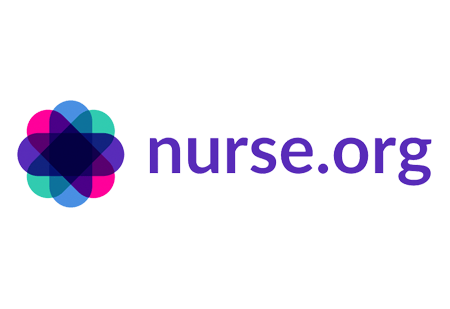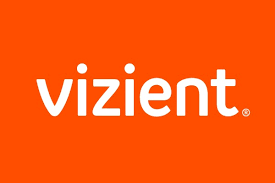
Editor's Note Women healthcare professionals who practiced transcendental meditation (TM) for three months showed greater improvements in burnout, emotional exhaustion, anxiety, and insomnia than those who received usual treatment, according to a July 9 Healio article. The report focuses on data presented at the American Thoracic Society International Conference—namely, a…

Editor's Note Using 3D-printed anatomical models during preoperative consultations significantly improved shared decision-making (SDM) and modestly reduced anxiety in colorectal surgery patients, according to a June 3 study published in JAMA Network Open. The single-center, cluster randomized clinical trial enrolled 51 adult patients scheduled for colon or rectal resection due…

Editor's Note Low-dose dexmedetomidine effectively stabilizes blood pressure and heart rate during key perioperative stages in gastrointestinal tumor patients with moderate to severe anxiety, according to a July 1 study published in BMC Psychiatry. Researchers enrolled 100 patients undergoing elective laparoscopic gastrointestinal tumor resection. Anxiety levels were measured using…

Editor's Note Financial strain, stress, and uncertainty are not enough to deter many US nurses from saying their education and careers have been worthwhile. That is one reading of the results of Nurse.org’s 2025 Nurse Survey, which collected responses from more than 6,000 US nurses between January and April. Overall,…

Editor's Note Hospitals spent nearly $900 million in labor last year managing drug shortages, dedicating over 20 million hours to activities such as sourcing alternatives, updating systems, and communicating with care teams, according to a new Vizient survey published June 17. Conducted in late 2023 and detailed in Vizient’s June…

Editor's Note Drawing on survey data and leadership insights, a June 16 article in Staffing Industry Analysts showcases how personalized attention from managers and thoughtfully deployed technologies can improve nurse engagement, mitigate stress, and strengthen retention amid widespread burnout. Advising leaders to treat nurses “as an ‘I,’ not an ‘it,’”…

Editor's Note Clocking long hours has impact beyond fatigue. It may also physically reshape the brain. As reported May 13 by CNN, that is the central finding of a new study showing significant structural brain changes in overworked individuals, particularly in areas tied to emotional regulation and executive function. Conducted…
Editor's Note Amid a lack of focus and lack of resources on perioperative mental health, alleviating patient anxiety and preventing poor surgical outcomes requires creative solutions. This is the central argument of a May 12 commentary in The Conversation by Renée El-Gabalawy, a clinical psychologist and associate professor at the…

Editor's Note Healthcare’s workforce crisis stems from systemic trauma—not individual burnout. That’s the central argument of a commentary published April 30 in MedPage Today, in which Taylor Nichols, MD, a board-certified physician in emergency medicine and addiction medicine, calls for a sweeping shift in how healthcare-associated stress is understood and…

Every day, I come across postings in the media suggesting that nurses are struggling with burnout. These accusations are tone deaf and misleading. In addition to my private coaching practice, I am the professional internal coach for a trauma center in the Greater New York area and several professional nursing…